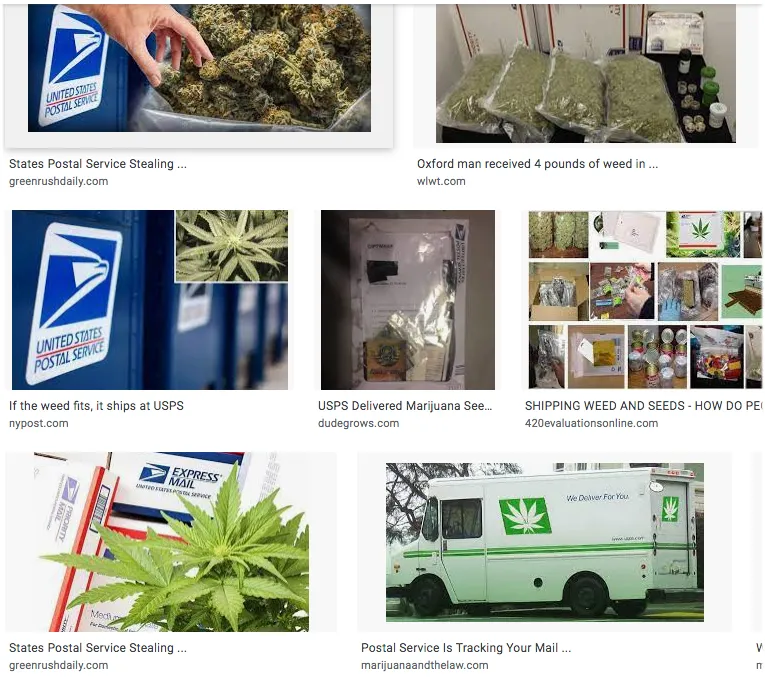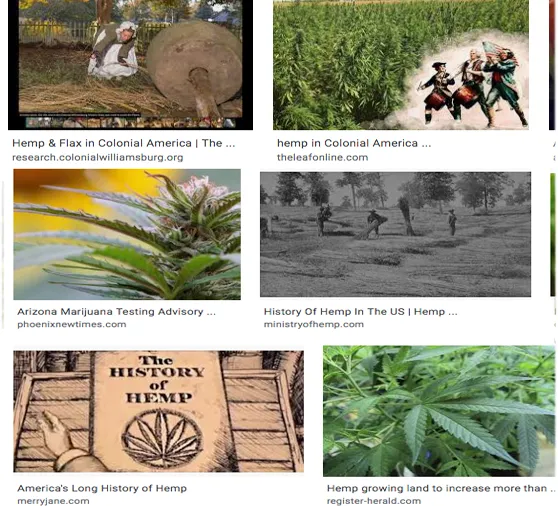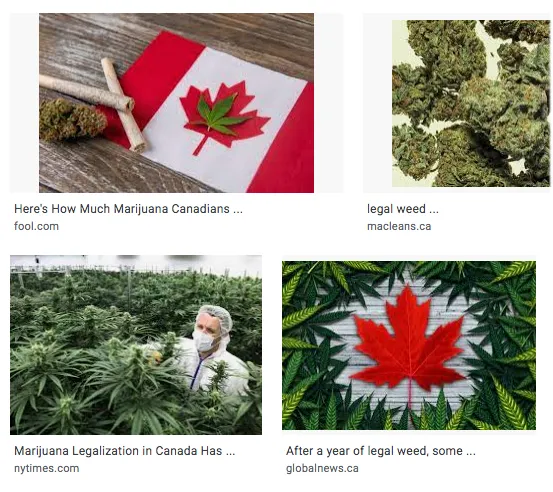MONDAY April 19 2021
In todays report:
USPS to ban vapes in the mail
Who wants to go to Weed college in FLorida
Cannada sells a lot of beer maple hockey and WEED

click here for the link on you tube

USPS Wants Hemp And CBD Vape Companies To Prepare For Upcoming Mailing Restrictions
USPS said it’s still in the process of finalizing its rule and deciding whether to extend an exception to certain vaping products including those that contain legal hemp-derived CBD. However, because the mailing restriction will take effect immediately after the regulations are finalized
The Postal Service also reiterated in the new notice that mailing marijuana products remains prohibited because, unlike hemp and its derivatives, it is still a federally controlled substance subject to its own statutory #restrictions.
While the Federal Register filing doesn’t touch on any regulations for vaporizer devices that are intended for #marijuana use but don’t actually contain any controlled substances, industry stakeholders have expressed concerns about language of the congressional law that extends the mailing ban to “any electronic device that, through an aerosolized solution, delivers nicotine, flavor, or any other #substance to the user inhaling from the device” with italicized emphasis added.
https://www.marijuanamoment.net/usps-...
..........

Florida college licensed for hemp
The Florida Department of Agriculture approved a hemp growing license for the College of Central Florida. The plantation, which is planned at the school’s Vintage Farm Campus in Ocala, is to serve as an outdoor hemp classroom for agriculture students. The College is the first higher educational institution in the state to receive such a license.
https://hemptoday.net/florida-college...
.........

Cannabis Spending in Canada Exceeded $2 Billion in 2020
According to a quarterly, retail commodity survey from Statistics Canada, Canadians bought $2.01 billion worth of dried cannabis flower last year. Flower definitely appears to be the preferred consumption method for Canadians, as it made up more than three-quarters of all sales from cannabis spending last year.
This high-grossing category includes pre-rolls, and specifically, the fourth quarter saw nearly double the amount sold in 2019, indicating that cooped-up Canadians were turning to flower as a way to self-medicate and recreate [during the pandemic. A total of $614.4 million in cannabis flower was sold during the first quarter.
https://hightimes.com/news/canadians-...
Abstract
Purpose:On 17 October 2018 recreational cannabis became legal in Canada, thereby increasing access and reducing the stigma associated with its use for pain management. This study assessed total opioid prescribing volumes and expenditures prior to and following cannabis legalization.
Methods: National monthly claims data for public and private payers were obtained from January 2016 to June 2019. The drugs evaluated consisted of morphine, codeine, fentanyl, hydrocodone, hydromorphone, meperidine, oxycodone, tramadol, and the non-opioids gabapentin and pregabalin. All opioid volumes were converted to a mean morphine equivalent dose MEDclaim, which is analogous to a prescription from a physician. Gabapentin and pregabalin claims data were analyzed separately from the opioids. Time-series regression modelling was undertaken with dependent variables being mean MEDclaim and total monthly spending. The slopes of the time-series curves were then compared pre- versus post-cannabis legalization.
Results:Over the 42-month period, the mean MED/claim declined within public plans p 0.001. However, the decline in MED/claim was 5.4 times greater in the period following legalization 22.3 mg/claim post vs. 4.1 mg/claim pre. Total monthly opioid spending was also reduced to a greater extent post legalization $Can267,000 vs. $Can95,000 per month. The findings were similar for private drug plans; however, the absolute drop in opioid use was more pronounced 76.9 vs. 30.8 mg/claim. Over the 42-month period, gabapentin and pregabalin usage also declined.
Conclusions: Our findings support the hypothesis that easier access to cannabis for pain may reduce opioid use for both public and private drug plans.
Opioid Prescribing in Canada following the Legalization of Cannabis: A Clinical and Economic Time-Series Analysis
https://pubmed.ncbi.nlm.nih.gov/33491...
........
